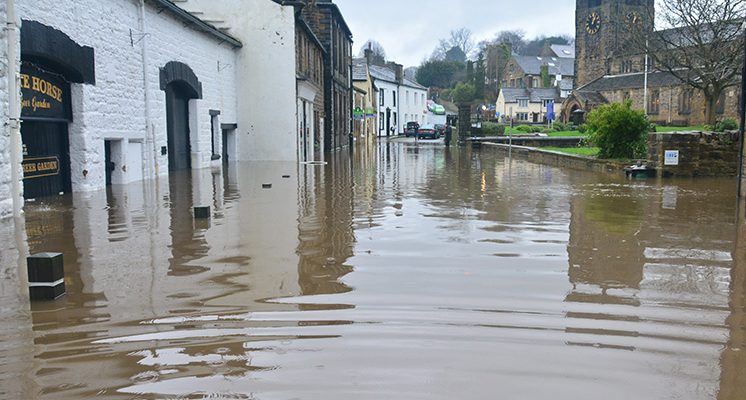
The Flood Innovation Centre is at the heart of a new research partnership aiming to address some of the problems experienced during post-flood recovery and develop a toolkit to help flood-vulnerable communities.
Mapping the Gaps aims to address some of the issues around fragmentation of post-flood support. The initiative is welcomed by the insurance industry, in particular by partners Aviva, which wants to do more to support customers to build back better by linking up customers, funding, underwriting and flood protection installers.
The project will map gaps in the provision of post-flood support and help insurers to understand which flood resilience measures are most effective. With the support of Aviva, we will explore cost/benefit models to increase sustainable living in flood risk areas.
Establishing the partnership in the Humber allows us to draw on the Flood Innovation Centre’s existing local partnerships. With a track record of bringing diverse stakeholders together, we will be reaching out to work closely with key regional stakeholders, as well as insurance industry representatives and third sector actors. The project team will draw on the expertise of Energy and Environment Institute’s research staff, including Dr Steven Forrest, specialist in Flood Resilience and Sustainable Transformations, who said of the project:
“When the floodwaters have receded, there is still a whole recovery process for people to go through – local authorities, insurers, national government and others offer resources and support, but there is no coordinated approach. It is difficult for people to find these resources and to get all the support that is on offer to build back better. Mapping the gaps explores the help that people have to recover immediately after a flood – we hope that our research can make it easier for them to access the support that they need to build back better and become more flood resilient.”
Although the pilot is focusing on the Humber region, the project’s final output, a place-based toolkit, will have the potential to be rolled out and implemented in other areas.
The immediate impact of the project on improved wellbeing of flood-vulnerable communities will be captured and measured through the outreach work undertaken as part of this project. By raising awareness through the project, households at risk of flooding will better understand the choices and options available.
Discover more about this project here.